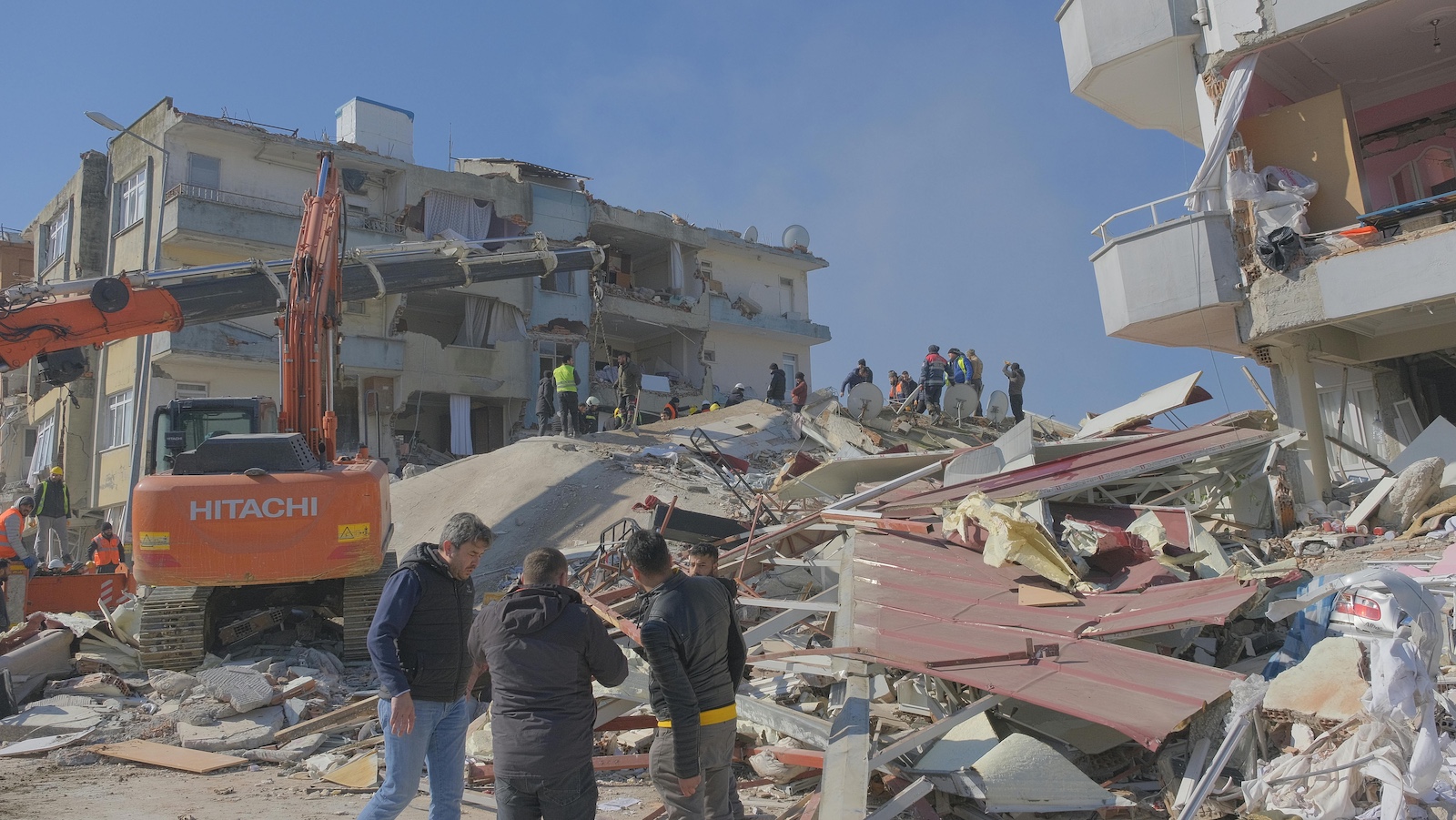Your employee was just injured at work. He is in pain, cannot perform regular job duties and is unsure how quickly he can return to work. His mortgage, medical care and kid’s tuition payments are due next month. It is a vulnerable time for him, with substantial uncertainty.
When a football player goes down on the field and is carried off, the crowd applauds in support of the player, and the player often returns a smile. When a worker is injured on the job, what happens at the workplace before and after the injury can affect the costs incurred by the employer and the outcome achieved by the injured worker.
Twelve new state studies from the Workers Compensation Research Institute (WCRI) aim to help CFOs and other stakeholders identify ways they can improve the treatment and communication an injured worker receives after an injury, leading to better outcomes at lower costs.
The studies interviewed 4,800 injured workers from across 12 states who suffered a workplace injury in 2010 and 2011 and received workers’ compensation income benefits. The 12 states surveyed were Arkansas, Connecticut, Indiana, Iowa, Massachusetts, Michigan, Minnesota, North Carolina, Pennsylvania, Tennessee, Virginia and Wisconsin. The surveys were conducted during February through June in 2013 and 2014—on average, about three years after these workers sustained their injuries.
The research found that a worker’s fear of being fired after an injury had a large and pervasive effect on costs and worker outcomes, like return to work. The fear of being fired may arise out of the relationship between the worker and the supervisor. If the relationship is low trust, the worker is more likely to fear firing when injured.
To describe the level of trust or mistrust in the work relationship, workers were asked to agree with the statement, “I was concerned that I would be fired or laid off.” Workers were given four possible answers—strongly agree, somewhat agree, somewhat disagree and strongly disagree. Depending on the state, 18% to 33% of workers strongly agreed that they feared being fired when injured.
Overall, workers who were strongly concerned about being fired after the injury experienced poorer return-to-work outcomes than workers without such concerns. Across all 12 states, 23% of those concerned about being fired reported that they were not working at the time of the interview—double the rate observed for workers without such concerns. The following are other findings from workers who were strongly concerned about being fired:
- Concerns about being fired were associated with a four-week increase in the average duration of disability.
- Workers who were strongly concerned about being fired had higher rates of dissatisfaction with care (21% were very dissatisfied with care) when compared with workers who were not concerned about being fired after the injury (9%).
- Workers who were concerned about being fired were much more likely to report problems with access to care. Among workers who were concerned about being fired, 23% reported big problems getting the services they or their provider wanted. The rate was double the 10% among workers who were not concerned about being fired.
- 16% of workers who were strongly concerned about being fired reported large earnings losses at the time of the interview predominantly because of injury, compared with 3% of workers who were not concerned about being fired.
What do these findings really signify? The following are some alternative possibilities:
- Workers reporting a strong fear of being fired might know they have a difficult relationship with their supervisor. That difficulty might translate into fewer opportunities to return to work, or more active management of the nature of medical care and the selection of medical care providers.
- The worker may be exaggerating the possibility of termination, being a pessimist by nature, and that tendency to overreact might characterize the workers’ general performance on the job—perhaps resulting in fewer return-to-work opportunities and more active management of the care by the payers.
- The worker may be more likely to retrospectively report a fear of being fired if the worker has had a poor outcome. Poor outcomes color the worker’s view of most events in the course of the claim. Conversely, workers who have experienced excellent outcomes tend to see events in the course of handling the claim in a much more positive fashion.
This is not the first time we looked at trust as it relates to workers’ compensation. A study we did several years ago
on attorney involvement, which was covered by CFO magazine, looked at why injured workers hired attorneys. The character of the employment relationship, for example, was a factor for the 23% who strongly agreed that they hired attorneys because they feared being fired or laid off. 15% also strongly agreed that they needed attorneys because their employer could perceive their claims as illegitimate.
Employers Can Make a Difference
WCRI contacted Lisa Healy, who is a manager of claims at AGL Resources, a natural gas-only distribution company in the U.S. She told us that AGL has been very successful in managing and reducing its workers’ compensation costs. In part, she ties this success to practices where employees in the organization feel engaged and trust the company. The following are five things she told us the company is doing to facilitate trust:
- Establishing a set of values and a code of conduct with the ability to report those who violate it without fear of retaliation. This gives an organization depth in terms of morals and standards, which appeal to workers of all ages.
- Holding claim adjusters accountable for treating injured employees in an honest fashion with dignity and respect.
- Encouraging employees to identify possible safety hazards as well as recommend opportunities to improve safety. When workers are encouraged to point out safety issues or offer suggestions on how to improve things and these comments are taken seriously and addressed, trust is formed.
- Providing a 24/7 nurse triage program to speed treatment for injured employees so they get the care they need as soon as possible. The employee can contact the nurse triage line immediately after feeling a twinge of pain or sustaining an injury that doesn’t require emergency treatment. This service not only ensures the employee gets the right care immediately, it also cuts down on unnecessary visits to the physician when the employee can use self-care treatments such as ice, rest, elevation or an aspirin.
- Promoting early return to work with transitional duty positions whenever possible. Research has shown that the longer a worker is out, the harder it is to for the worker to return―not to mention that the costs go up the longer that person is out, so getting him or her back quickly shows the worker you care and is good for the worker and the employer.
The WCRI research is an important first step in realizing how important trust is between employee and employer to ensuring good outcomes when the employee is injured on the job. Additional studies by WCRI and others will provide further information on which policymakers can base appropriate measures. But employers can act now, as AGL Resources has demonstrated, to improve trust while lowering their workers’ compensation costs -- through early intervention, putting safety first, effective return-to-work programs and access to medical care.








